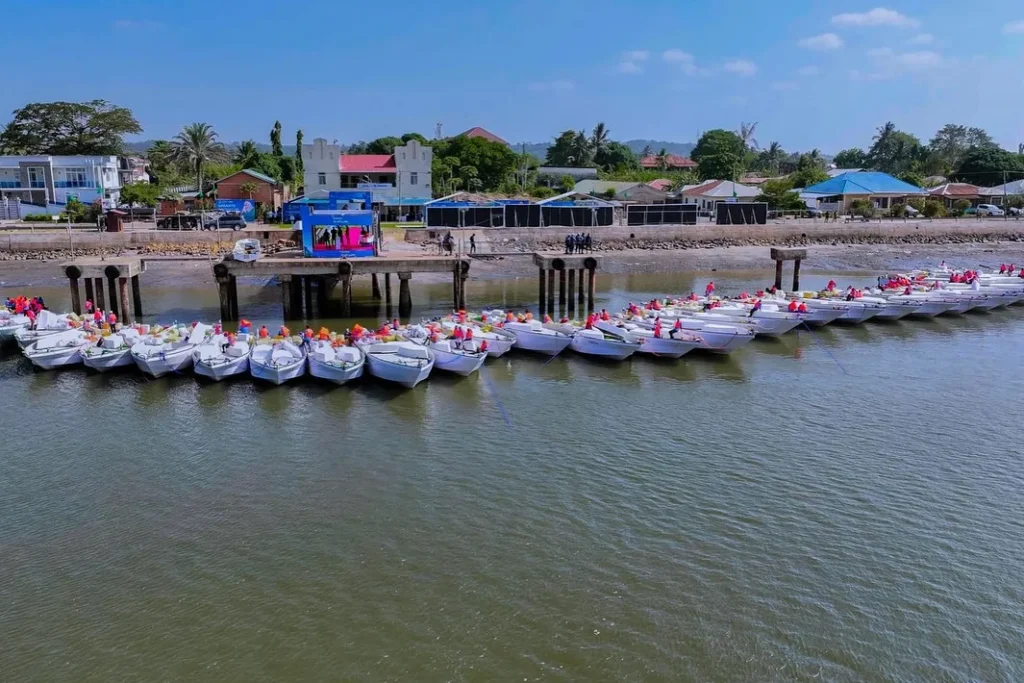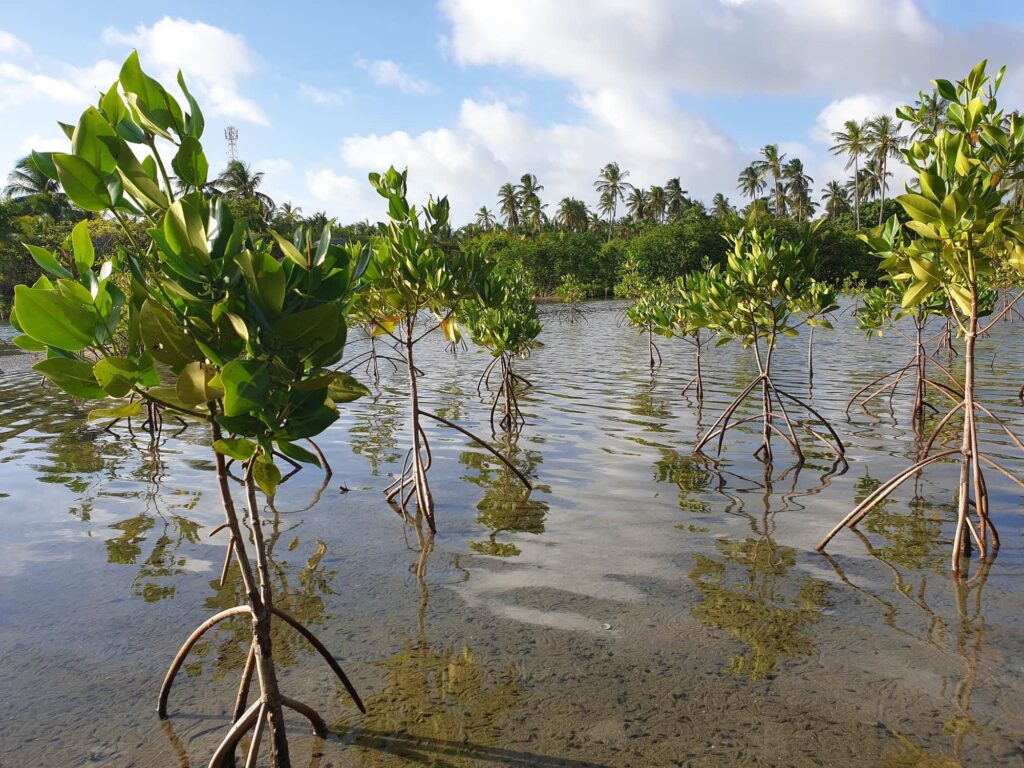By Habitat Reporter
Tanga. The Journalists Environmental Association of Tanzania (JET), in collaboration with the International Union for Conservation of Nature (IUCN), has organized a week-long training and field visit to raise public awareness and influence policy on marine conservation and the blue economy,
The initiative, part of the Bahari Mali Project, spearheaded by IUCN, seeks to promote inclusive and sustainable blue economy models in Tanzania.
Despite the growing prominence of the Blue Economy in national development discourse, it remains underreported and poorly understood within Tanzania’s mainstream media. The training aims to bridge that gap by equipping environmental journalists with the technical knowledge and storytelling tools necessary to effectively report on marine resilience, coastal ecosystem protection, and Blue Economy opportunities.
JET Executive Director, Mr John Chikomo, told Habitat Media that the programme has drawn journalists from across the country whereas key topics to be covered include marine science, sustainable fisheries, ocean governance, policy frameworks, and coastal community livelihoods.

“A practical field visit is also included, where participants will engage with local communities and observe first-hand the ongoing implementation of the Bahari Mali Project,” said Mr Chikomo noting, the training will strengthen journalists’ foundational understanding of the Blue Economy, enhance their reporting capabilities, and promote experiential learning through fieldwork.
Environmental stories must go beyond the news cycle. They must inspire change. This programme empowers journalists to produce compelling, evidence-based stories that highlight community innovation and expose policy gaps,” said Mr Chikomo.
One of the participats, Athnat Everest, was optimistic that the training will enhanve both, her knowledge and practical tools to better report on marime issues and blie economy.


